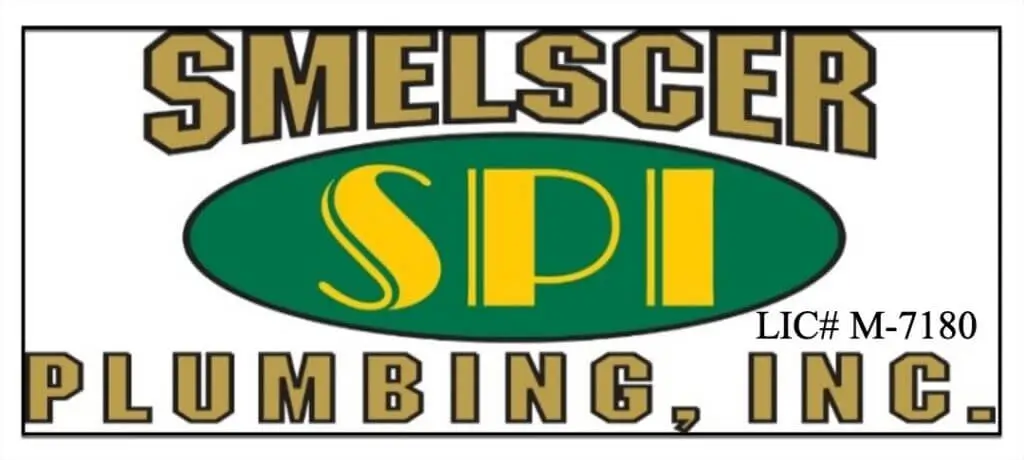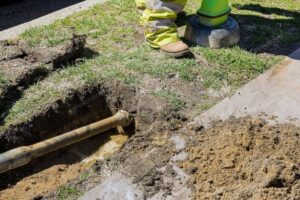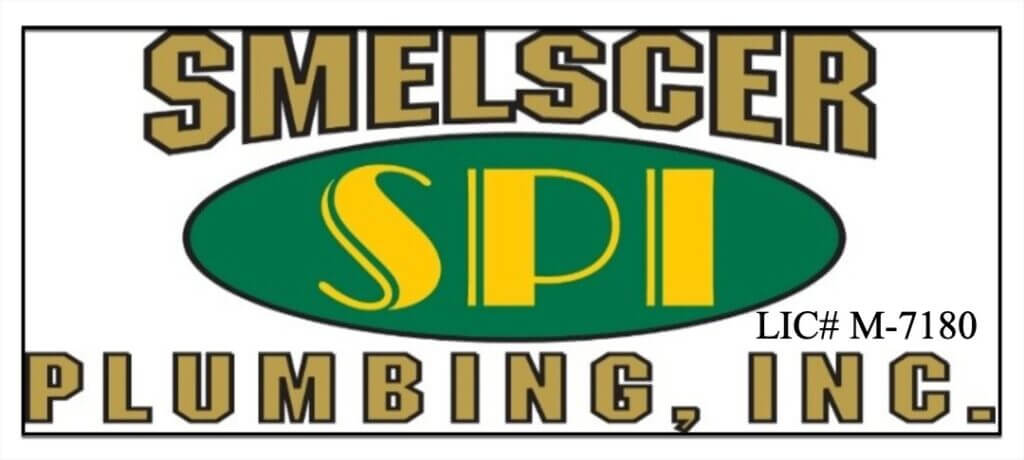Photo by Karolina Grabowska: https://www.pexels.com/photo/crop-person-in-rubber-gloves-cleaning-tiles-4239007/
There are a couple of things you can do to help ensure that your home’s plumbing and sewer systems don’t give off that bad odor. Check out our collection of pro plumber tips for keeping your home smelling fresh and clean.
- Outline:
- Where’s that smell coming from?
- A fresh smell indicates good indoor air quality.
- Top Tips for Keeping Your Home Fresh
- Professional plumbers in Waco, Texas
Where’s that smell coming from?
A bad smell in your house can be caused by several things—perhaps leftovers that have gone bad or even pets. But if the odor is persistent and lingering, it could mean there’s something wrong with your plumbing system. Here are some common reasons why your plumbing may be emitting bad odor:
Kitchen wastes
When you have a clogged kitchen sink, the water has nowhere to go but back up and creates an environment where bacteria can thrive. This results in a foul odor that gets trapped in your home and can even start coming out of your taps.
Toilet wastes
Toilet waste can also back up into your home if the pipes are clogged. This usually happens in older homes with galvanized pipes that have not been maintained properly. The waste will leak into your walls and create a foul odor that can be very difficult to remove.
Mold infestation
Mold infestation is another common cause of foul odors in your home. Mold grows when there is moisture present, and it can feed on the organic materials found in your walls, causing them to deteriorate quickly. You may notice a musty smell coming from your walls or ceiling that can be difficult to get rid of once it starts.
A fresh smell indicates good indoor air quality.
The air you breathe can be one of the most important factors in maintaining your health. Unfortunately, the air inside your home or office may be more polluted than the outdoor air in even the largest cities. As you can imagine, the quality of your indoor air will depend on the number and type of pollutants in it. Nevertheless, poor indoor air quality can cause a variety of health problems, including asthma, allergies, and even cancer. What’s more sobering is the fact that people spend around 90% of their time indoors. (Bower, 2009)
A fresh smell often indicates good indoor air quality; it means that there are no pollutants in the air and that it’s safe for you and your family to breathe. However, if the air smells stale or musty, it’s a sign that it may be unhealthy to breathe. If you notice a strange odor in your home, check for mold and mildew by examining walls and ceilings for signs of discoloration or water damage. You can also call in a plumber to help you inspect for other plumbing issues.

Photo by Kaboompics .com: https://www.pexels.com/photo/water-flows-from-the-tap-to-sink-6256/
Top Tips for Keeping Your Home Fresh
If you’re looking for ways to keep your home smelling fresh and clean, there are a few simple steps that you can take to get the job done. Follow these tips from pro plumbers, and you’ll be sure to have a pleasant scent throughout the house.
Keep it clean.
The easiest way to make your home smell fresh is by keeping it clean. Regularly sweep and vacuum floors, dust furniture, wash sheets, and polish wood surfaces to remove dust and allergens from your home. If you have pets, make sure to wash their bedding once a week and vacuum every day so that pet dander doesn’t build up on furniture or rugs.
Don’t leave trash lying around.
You don’t want unwanted pests such as mice or rats attracted to your home by the smell of rotting food in the trash cans. So, don’t let garbage sit in bags for long periods of time. Rather than leave trash bags full of garbage sitting around for days on end, open them up and take out what you want to throw away every day or two. If you need to store trash temporarily, place it inside a plastic container with a lid so mice don’t get into your home through an open bag.
Clean your garbage disposal periodically.
This can be done by pouring ice, salt, and vinegar into the drain and allowing it to run for a few seconds. This will help clean out any grease or food particles that may have built up at your disposal. You may also want to consider using citrus peels instead of soap, as soap can leave a residue behind that could cause an odor over time.
Don’t flush things that don’t belong in the toilet.
Avoid flushing paper towels, feminine products, and other items down the toilet, as these can clog your pipes or even cause damage that will require extensive pipe repair. If you have something to dispose of that shouldn’t go down the toilet, put it in the garbage instead.
Don’t pour grease down the sink.
Grease is a magnet for bacteria and can cause clogs in your pipes and sewer system. If you have grease in your home that needs to be disposed of, try dumping it in a plastic container with kitty litter or baking soda before tossing it in the trash. While you’re at it, be sure to clean out your kitchen sink drain too. Pour a cup of baking soda down the drain, followed by a cup of vinegar. Let it sit for 15 to 20 minutes before rinsing it with warm water.
Regularly check for mold or mildew.
Mold and mildew can cause health problems and will often leave a lingering odor. They often thrive when the moisture level in your home is high due to a water leak. If you find mold or mildew in your home, remove it as soon as possible with an antifungal spray or by scrubbing with soap and water. Moreover, mold in your basement can indicate a water leak in your home’s foundation. If this is the case, you should call a slab leak repair specialist right away.
Professional plumbers in Waco, Texas
Are you looking for professional plumbers in Waco to help you keep your home smelling fresh? Our experts here at Smelscer Plumbing have been serving Waco and nearby areas for years, and we can help you with all of your plumbing needs. We provide high-quality services at a price you can afford, and we are proud to be locally owned and operated. Give us a call at 254-749-7955 today.
Reference/s:
[1] Bower, John. “Chapter 5: Indoor Air Pollutants and Toxic Materials.” Centers for Disease Control and Prevention. Centers for Disease Control and Prevention, October 1, 2009. https://www.cdc.gov/nceh/publications/books/housing/cha05.htm.




